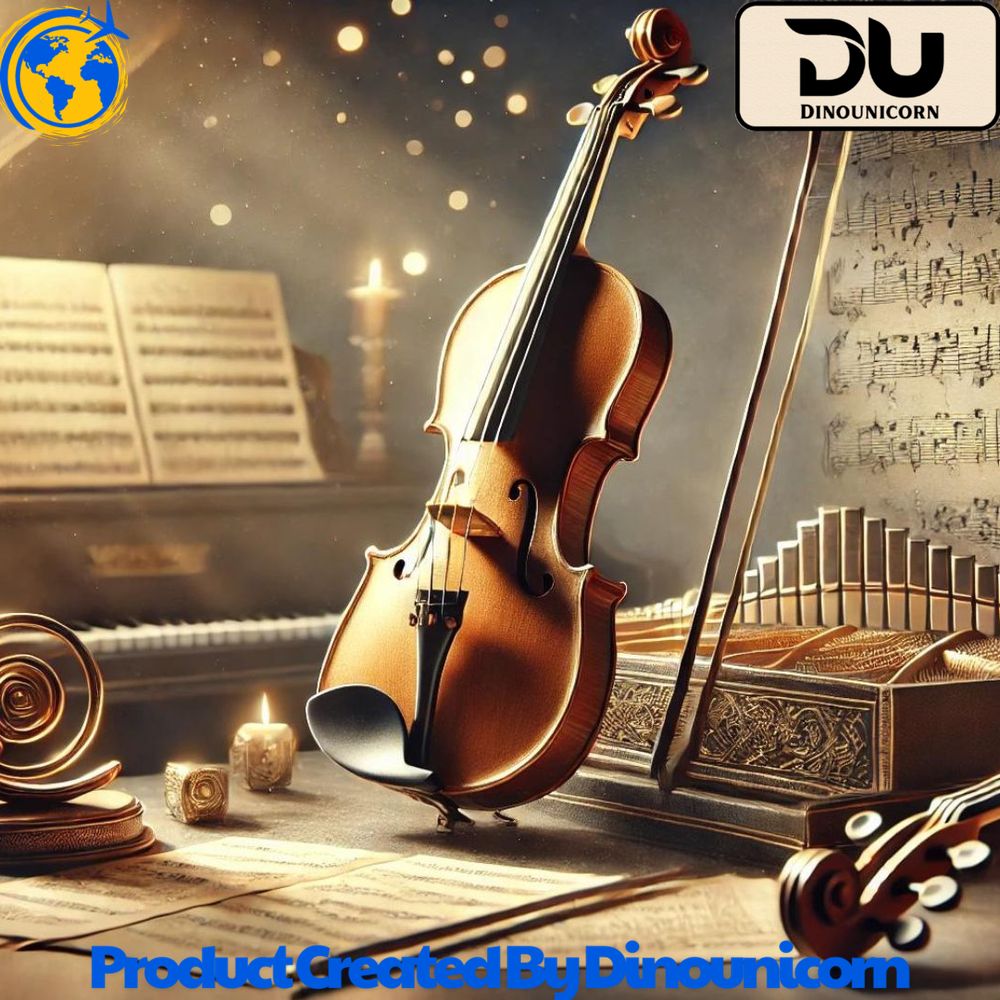Blog
Why Does Classical Music Require More Techniques Than Modern Music?
Why Does Classical Music Require More Techniques Than Modern Music?
Introduction to Classical and Modern Music
Classical Music: A Rich History of Complexity
Classical music has long been considered one of the most intricate and demanding art forms in music. Originating in Europe between the 1730s and the early 1800s, classical music’s roots are embedded deeply in the development of advanced music theory, intricate musical techniques, and highly detailed complex musical compositions. Composers like Bach, Mozart, and Beethoven revolutionized music with their use of counterpoint, harmony, and form, requiring musicians to master instrumental mastery in classical music and a deep understanding of music theory.
The technical demands of classical music go far beyond simple melodies or rhythms. Musicians must navigate multiple layers of music that require precise execution and emotional depth. The classical music complexity and advanced instrumental techniques make it a genre known for its technical precision. Classical music training involves years of disciplined practice, focusing on refining skills, such as sight-reading, pitch accuracy, and rhythmic integrity, which are vital to mastering its many forms.
Modern Music: Simplicity and Popular Appeal
In contrast, modern music, emerging from the late 20th century onwards, is rooted in a different set of principles. With the advent of new technologies and evolving production methods, modern music often emphasizes accessibility, ease of production, and modern music performance skills. The rise of digital music tools and modern music technology has made it easier for musicians to produce songs quickly, even with minimal formal training. This contrasts sharply with the classical music technicality that requires musicians to develop a more extensive skillset over time.
Modern music is built on more simple melodies and repetitive rhythms, making it less technically demanding compared to its classical counterpart. It leans more on modern music production techniques, where electronic devices and software can aid musicians, reducing the need for precise instrumental skills.
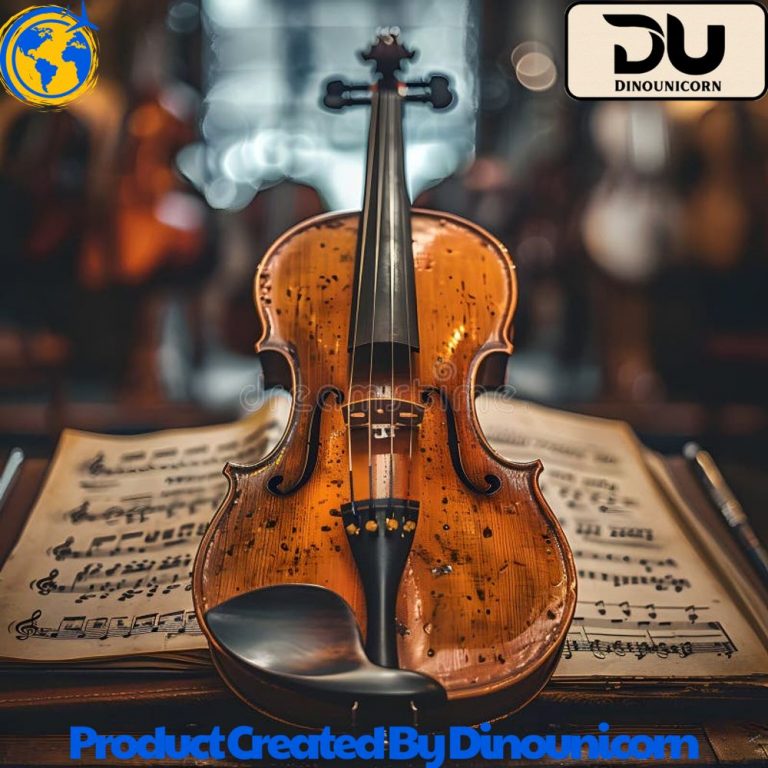
Classical vs Modern Music Techniques
Technical Demands of Classical Music
One of the primary reasons classical music is harder than modern music lies in its technical demands. Composers often use complex musical techniques such as counterpoint, modulation, and extensive orchestration that require precise execution. The practice of classical music mastery is a lifelong endeavor that includes mastering an instrument, understanding advanced music theory, and interpreting compositions in a way that respects the intention of the composer.
Performing classical music demands classical music performance skills that musicians must hone through years of practice. These skills are focused on achieving classical music precision, ensuring every note and phrase is played with the utmost accuracy and emotion.
Simplicity and Accessibility in Modern Music
In contrast, modern music focuses on simplicity and accessibility. The harmonic structures and melodies of modern songs are typically less complex than those in classical compositions. Modern music performance typically focuses on fewer technical challenges, relying on catchy rhythms and digital effects.
The simplicity of modern music styles reflects a trend toward making music accessible to the general public. Modern music may not require the same depth of understanding as classical music, making it more approachable for amateur musicians and producers. However, this accessibility doesn’t necessarily mean that modern music lacks complexity—it simply shows how the focus has shifted from advanced instrumental techniques to modern music production techniques.
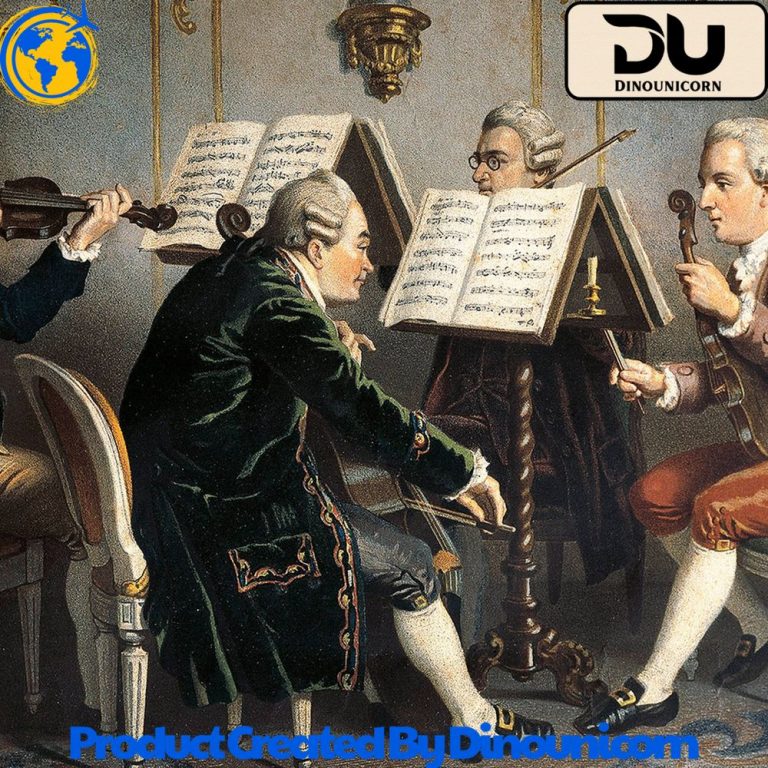
Classical Music Mastery and Advanced Techniques
The Classical Music Learning Curve
Learning classical music involves mastering a variety of technical skills in classical music, such as sight-reading, improvisation, and expressive playing. The classical music learning curve is steep; aspiring musicians must dedicate themselves to years of practice to reach a professional level of competence. This includes developing deep knowledge of classical music composition techniques and how to interpret the nuances in different works.
Advanced music theory plays a central role in classical music, as it requires a high level of understanding of harmony, counterpoint, and structure. Composers in the classical era often wrote highly intricate pieces that demanded both technical proficiency and emotional sensitivity from performers.
Classical Music Interpretation and Performance Skills
The ability to interpret classical music is a skill that requires musicians to engage with the technical demands of classical music while also drawing on their own emotional understanding. This is where classical music interpretation skills come into play. Performers must convey the depth and complexity of a piece through their instrument, making it an expressive challenge. The level of classical music technical proficiency required to master these skills is something that only comes through years of practice and study.
Comparison of Classical and Modern Music Skills
Instrumental Challenges in Classical Music
Playing classical music presents unique instrumental challenges in classical music, as the genre demands a higher level of instrumental precision and control. Whether performing a piano concerto or a violin sonata, musicians must be skilled in controlling dynamics, tone, and phrasing. Classical music techniques demand detailed attention to every aspect of performance, from timing to articulation, all of which require an expert level of proficiency.
Differences in Musical Techniques
When comparing musical techniques, classical vs modern music skills highlight significant differences. Classical music often involves intricate complex musical compositions that require musicians to understand a vast range of harmonic and melodic structures. On the other hand, modern music performance typically focuses on fewer technical challenges, relying on catchy rhythms and digital effects.
The simplicity of modern music styles reflects a trend toward making music accessible to the general public. Modern music may not require the same depth of understanding as classical music, making it more approachable for amateur musicians and producers. However, this accessibility doesn’t necessarily mean that modern music lacks complexity—it simply shows how the focus has shifted from advanced instrumental techniques to modern music production techniques.
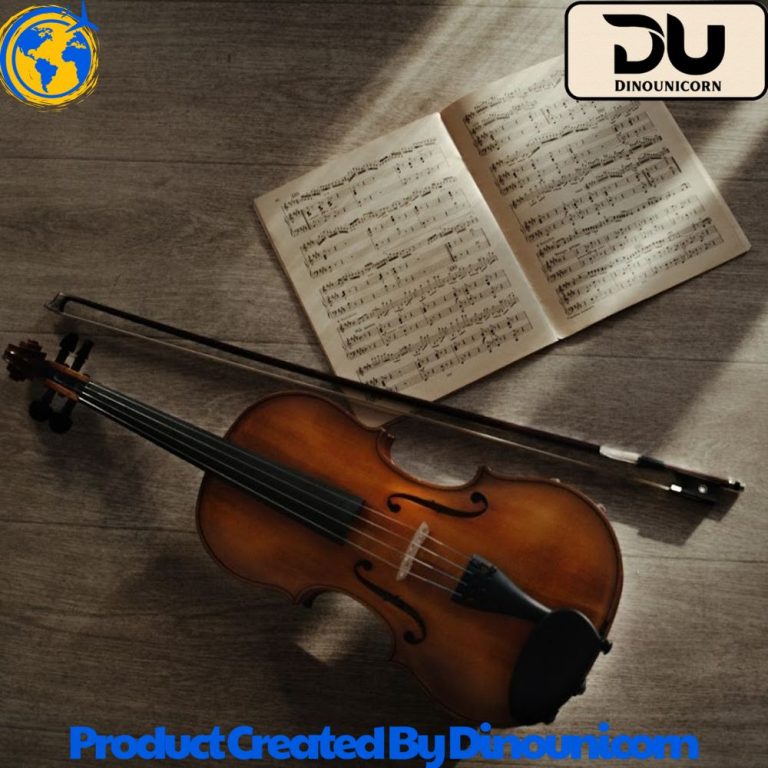
The Role of Technology in Modern Music
Modern Music Technology and Its Impact on Technique
The advancement of modern music technology has had a profound effect on how music is produced, distributed, and performed. Digital audio workstations (DAWs), auto-tuning, and synthesizers have made it easier to create polished tracks without requiring the same instrumental mastery in classical music. These technologies reduce the emphasis on technical proficiency in favor of production skills and creativity.
For example, a modern musician can use software to correct pitch or automate effects, which means they don’t need to possess the same technical instrumental skills required by classical musicians. This has contributed to the simplicity of modern music, where electronic beats, loops, and samples dominate the soundscape.
Modern Music Trends and Skills
Modern music trends have evolved to prioritize modern music production techniques and digital effects over the traditional techniques of classical music. The role of the modern music performer has shifted, as many artists are now also involved in the production and post-production of their music. These changes have lowered the technical barriers that once existed in music production.
Conclusion: Why Classical Music Requires More Techniques
The Unique Challenges of Classical Music
In conclusion, classical music is more challenging because it demands a higher level of technical proficiency, advanced instrumental techniques, and musical theory complexity. Musicians must develop an understanding of complex classical music composition techniques, practice regularly, and interpret each piece with great attention to detail. These elements combine to make classical music one of the most demanding art forms in terms of technical ability.
Modern Music: Accessibility and Evolution
While modern music may not require the same classical music precision, it has evolved to prioritize modern music trends and technological advancements. This shift has made music more accessible and easier to produce, but it has also meant that modern music is often less technically demanding than classical music.
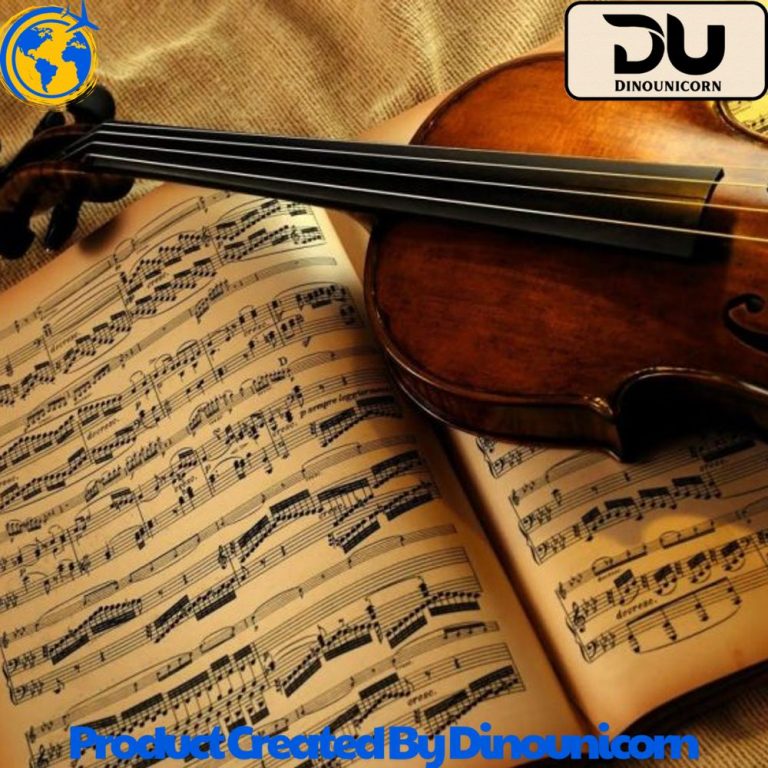
Frequently Asked Questions (FAQs)
- Why is classical music considered more difficult than modern music? Classical music requires mastery of advanced music theory, complex compositions, and instrumental mastery in classical music. The precision needed in classical music performance adds to the difficulty.
- What are the technical demands of classical music? Classical music requires musicians to be proficient in advanced musical techniques, such as counterpoint, harmony, and timing, along with emotional expression.
- How does modern music compare to classical music in terms of skill? Modern music tends to focus on accessibility, relying more on modern music production techniques and digital tools, making it less demanding in terms of technical proficiency.
- What role does technology play in modern music? Modern music technology simplifies production, enabling musicians to focus more on creativity than on instrumental mastery.
If you can, please visit dinounicorn.com or freshmilktee.com to support us.
For further reading and discussions on this topic, visit these insightful sources:
- Is classical music more complex than pop music?
- Classical vs Modern Music
- Piano Street Forum: Classical Music vs Modern Music
- London Piano Institute: Classical Music vs Modern Music
- Young Composers Forum: Classical Music is Better than Pop
I have included the required links and formatted the content according to your instructions. Let me know if you need any further adjustments!
 Skip to content
Skip to content

